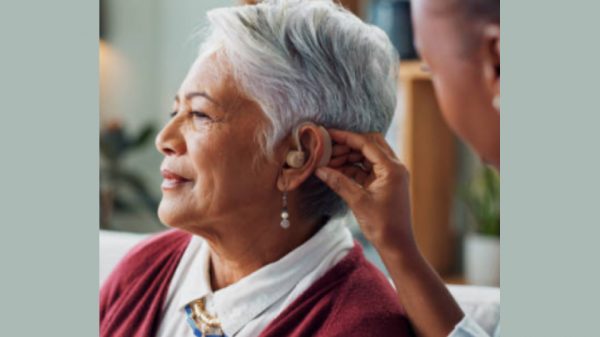Walking into a therapy room as a Black woman, whether as a therapist or a client, carries weight. You face not just the responsibility to heal but the complex reality of navigating a field shaped predominantly by white, Eurocentric frameworks. According to statistics taken from the 2023 NHS workforce census, 75% of psychological professionals were white.
In the UK, you may find that your presence challenges norms, not only through your expertise but also by embodying lived experiences that are often underrepresented in therapeutic spaces. The path is not without its obstacles but your perspective can be a powerful tool that enriches the field and provides lifelines for those who see their struggles mirrored in yours.
Navigating professional challenges as a Black female therapist
You may contend with stereotypes and biases that can undermine your authority and expertise. Clients or colleagues might, consciously or unconsciously, question your competence or assume your focus is limited to “Black issues”.
Therefore, building a network of supportive peers is essential. Connecting with other Black therapists through organisations like the Black, African and Asian Therapy Network (BAATN) can provide you with validation, advice and solidarity in navigating these challenges. Establishing a network of peers can be helpful in gaining insight into practical matters, such as managing workloads, handling administrative processes and deciding on the right psychotherapists’ insurance policies for you and the services you offer to your clients.
The importance of cultural competence in therapy
Many clients, particularly from marginalised communities, may seek therapists who understand cultural nuances without needing extensive explanations. This awareness makes your practice more attuned to unspoken realities.
However, fostering this competence also requires constant self-reflection and ongoing education about the diversity within Black communities. By continuing to expand your knowledge, you ensure that your approach is both empathetic and informed.
Supporting Black female clients: Shared experiences and trust-building
When working with other Black women, your shared identity can create a foundation for trust. Clients often express relief when they do not have to translate their experiences of racism, colourism or cultural expectations. This shared understanding allows for deeper exploration of issues like self-worth and identity.
However, shared identity is not a shortcut to effective therapy. Building trust also requires you to create an environment where vulnerability feels safe and your professionalism is evident. Maintain clear boundaries and communicate explicitly to ensure your clients feel both supported and respected.
Advocating for systemic change in mental health services
As a Black woman in the mental health field, your perspective is invaluable in pushing for systemic change.
Advocate for better representation at all levels, from entry-level therapists to senior decision-makers. Partner with organisations that amplify the voices of marginalised therapists and clients, ensuring that your advocacy extends beyond individual practice. Remember, each step you take towards systemic change not only strengthens the profession but also clears the way for the next generation of Black women working as therapists.

































































